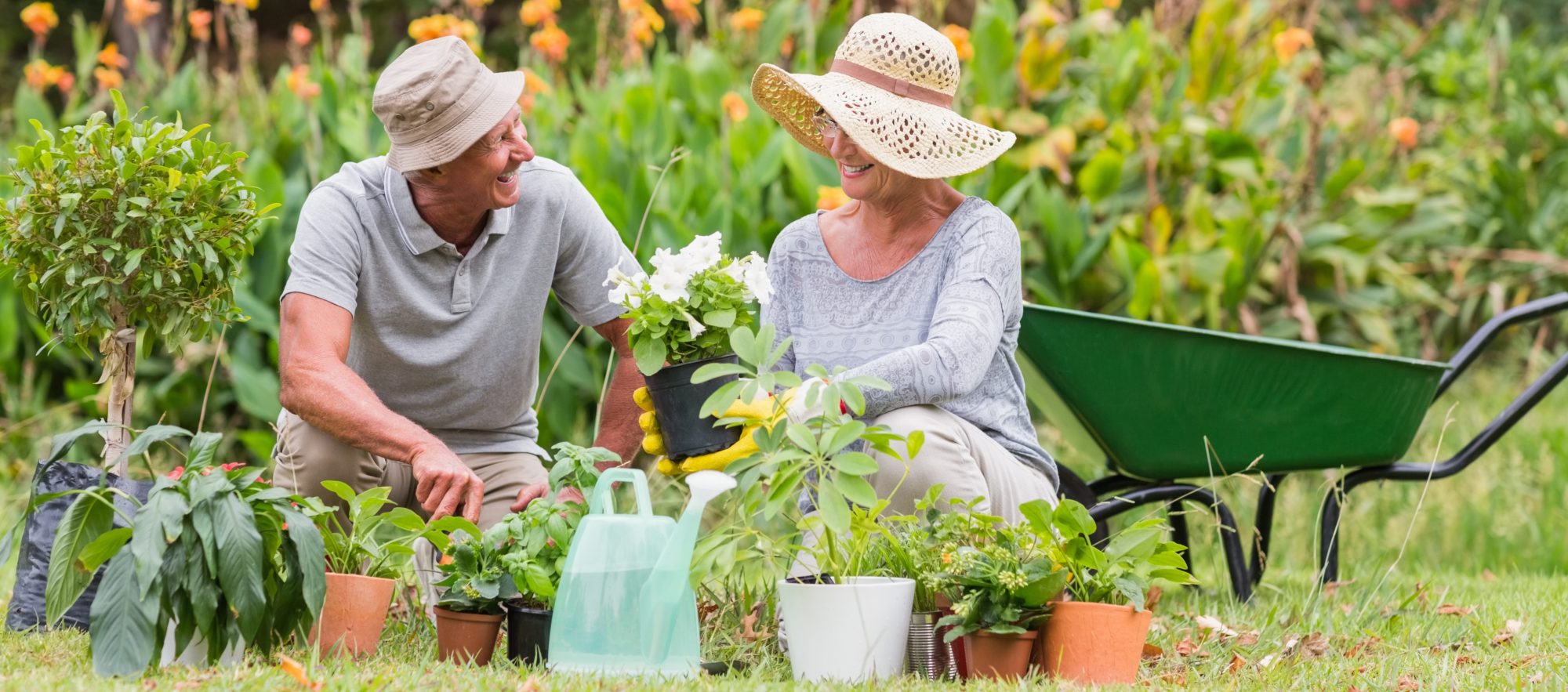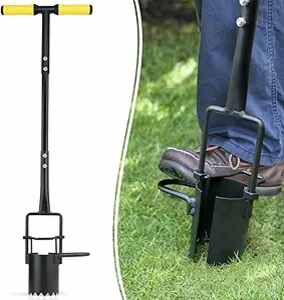Understanding the Various Sorts Of Gardening and Just How They Add to a Much Healthier Lifestyle and Setting
Benefits of Vegetable Gardening
Numerous people are significantly identifying the myriad advantages of vegetable horticulture as a vital element of a healthier way of life. Taking part in veggie horticulture supplies countless physical health advantages, including increased physical activity, which enhances cardiovascular health and promotes general health and fitness. The act of growing, weeding, and harvesting requires movement and can assist battle less active actions, adding to weight management and improved muscle mass tone.
Furthermore, growing one's very own veggies considerably improves nutritional top quality. Organic produce is commonly fresher and extra nutrient-dense compared to store-bought options, as it can be taken in soon after harvest. This ease of access motivates a higher intake of vegetables and fruits, which are crucial for avoiding persistent illness.
Furthermore, veggie horticulture cultivates psychological well-being by giving a healing outlet for stress relief and relaxation. The act of having a tendency to plants can be meditative, permitting individuals to connect with nature and run away the pressures of life. Furthermore, the sustainable technique of expanding one's own food lowers reliance on industrial farming, adding to ecological conservation and advertising biodiversity. Collectively, these advantages underscore the value of vegetable horticulture as a cornerstone of a healthier way of living.
Discovering Blossom Horticulture

Along with visual advantages, blossom gardening supports regional ecosystems. Lots of flowering plants attract pollinators, such as and butterflies, which are important for preserving biodiversity. The existence of diverse flora can likewise boost dirt health, as various plants add to nutrition biking and boost dirt framework.
Moreover, flowers can play a considerable function in advertising lasting techniques. Many gardeners select native or drought-resistant species, which call for much less water and very little chemical inputs. This strategy not only profits the environment but likewise motivates accountable horticulture routines.
Inevitably, blossom gardening acts as a crucial element of an all natural horticulture approach. Gardening. By cultivating beauty and supporting local environments, it harmonizes with vegetable gardening and highlights the importance of supporting both our physical and psychological health through nature
Container Horticulture Benefits
Container gardening deals countless benefits that make it an appealing option for both novice and seasoned garden enthusiasts. Among the main benefits is its flexibility; containers can be put on outdoor patios, verandas, or even inside your home, enabling horticulture precede with restricted ground gain access to. This flexibility makes it possible for people in metropolitan atmospheres or those with little yards to cultivate plants properly.
Furthermore, container gardening provides boosted control over soil top quality and wetness levels. Garden enthusiasts can select details soil blends to optimize plant health and mitigate issues like weeds and pests. The wheelchair of containers also enables simple moving to make best use of sunshine direct exposure or shield plants from harsh weather.
Furthermore, container gardens can be cosmetically pleasing, providing a possibility for creativity in design. Gardening. They can work as attractive aspects that enhance exterior or indoor spaces while advertising biodiversity by drawing in pollinators
Last but not least, container horticulture can add to a healthier way of life by urging exercise, as it often entails lifting, planting, and keeping plants. In general, the benefits of container horticulture make it an easily accessible and rewarding technique for those looking for to improve their way of living and atmosphere.
The Rise of Vertical Gardening
As urban rooms come to be progressively crowded, the pattern of vertical gardening has removed, permitting people to optimize their gardening capacity in minimal areas. This ingenious method entails growing plants in vertical frameworks, such as wall-mounted planters, trellises, or specialized upright garden systems. The charm of vertical gardening exists not just in its reliable use room however also in its aesthetic payment to urban settings, changing bare wall surfaces right into lush environment-friendly landscapes.
Vertical yards can be installed in homes, balconies, and area spaces, providing a platform for growing a selection of plants, including herbs, vegetables, and decorative flowers. This method motivates biodiversity and can improve air top quality by filtering toxins while advertising a link to nature in densely booming areas. In addition, upright horticulture offers functional benefits, such as improved yield per square foot, making it an eye-catching option for urban gardeners seeking to grow their own food.

Sustainable Practices in Gardening
Welcoming sustainable techniques in horticulture is important for advertising environmental health and wellness and ensuring the practicality of our natural sources. Sustainable see it here gardening methods concentrate on decreasing ecological effect, preserving water, and fostering biodiversity. By executing techniques such as organic gardening, gardeners can minimize making use of artificial plant foods and pesticides, which can hurt regional communities.
Companion Visit Your URL planting is another reliable sustainable method, where particular plants are expanded with each other to boost growth and hinder parasites naturally. In addition, utilizing indigenous plants in landscaping sustains neighborhood wildlife and calls for much less maintenance, as they are inherently adjusted to the local climate and dirt problems.
Water preservation techniques, such as rain harvesting and drip irrigation, aid to efficiently manage water resources, hence minimizing waste. Additionally, composting organic waste not only enhances the dirt but also minimizes garbage dump contributions, advertising a circular economy.
Last but not least, exercising plant turning and cover chopping enhances dirt health and decreases the threat of insect invasions. By integrating these sustainable methods, garden enthusiasts can create resilient ecological communities that add to a healthier way of living while securing the environment for future generations.
Verdict

In conclusion, the diverse approaches of horticulture, including vegetable, flower, container, and vertical horticulture, jointly advertise a much healthier way of life and boost ecological sustainability. Each kind provides unique advantages, from supplying fresh next produce and attracting pollinators to maximizing minimal areas and encouraging biodiversity. By fostering sustainable methods, these horticulture comes close to not only add to individual wellness however additionally sustain wider ecological conservation efforts, ultimately decreasing reliance on commercial agriculture and enhancing community resilience.